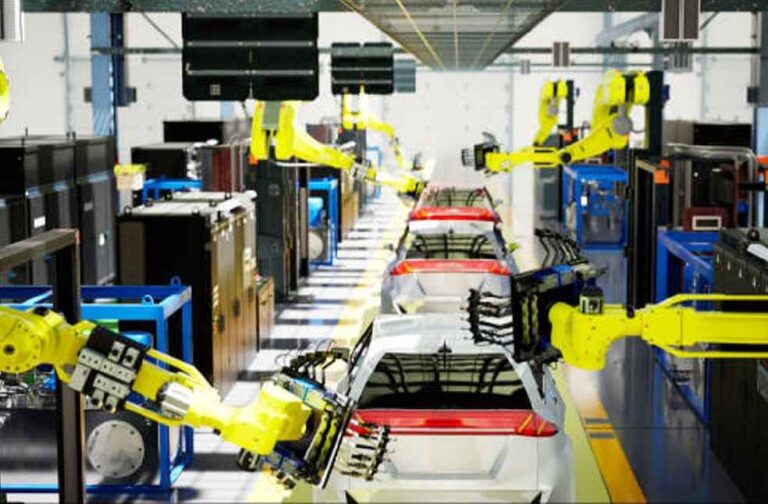The US Department of Energy, aligning with President Joe Biden’s vision for a greener future, unveiled a strategic initiative to allocate $12 billion to stimulate the auto industry’s shift to electric vehicles (EVs).
This substantial financial commitment consists of $2 billion in grants and a further $10 billion in loans, targeting US automakers and suppliers. The major goal of the initiative is to transform existing facilities into production powerhouses for hybrid and electric vehicles while revitalizing factories located in established auto manufacturing regions and fortifying the domestic EV supply chain.
The Biden administration, earlier this year, introduced a groundbreaking policy hinting at a paradigm where EVs could dominate, constituting up to two-thirds of all new cars sold in the US by 2032. This ambitious goal complements the wider objective: propelling the US to achieve net-zero carbon emissions by 2050.

Energy Secretary Jennifer Granholm commented, “Today’s announcements show that President Biden understands that building the cars of the future also necessitates helping the communities challenged by the transition away from the internal combustion engine.”
Beyond this, the Energy Department expressed intent to allocate an additional $3.5 billion to enhance US capabilities in producing advanced batteries and essential materials, establishing the nation as a front-runner in the global electric transition.
This strategic investment also seeks to appease the influential United Auto Workers union, which has held back its endorsement of President Biden’s reelection bid due to concerns surrounding the rapid shift to EVs. UAW President Shawn Fain observed, “This new policy makes clear to employers that the EV transition must include strong union partnerships with the high pay and safety standards that generations of UAW members have fought for and won.”

A December report by the Congressional Budget Office pinpointed transportation as the dominant contributor to US global warming emissions, with light-duty vehicles accounting for 58% of the total.
The global implications of such transitions cannot be underestimated. The UN’s Intergovernmental Panel on Climate Change emphasized that the worldwide transportation sector could cut its emissions by over 80% with proactive measures, including a significant shift to EVs.
DON’T MISS IT | US Auto Strike: Tech Surge Meets Economic and Union Hurdles





